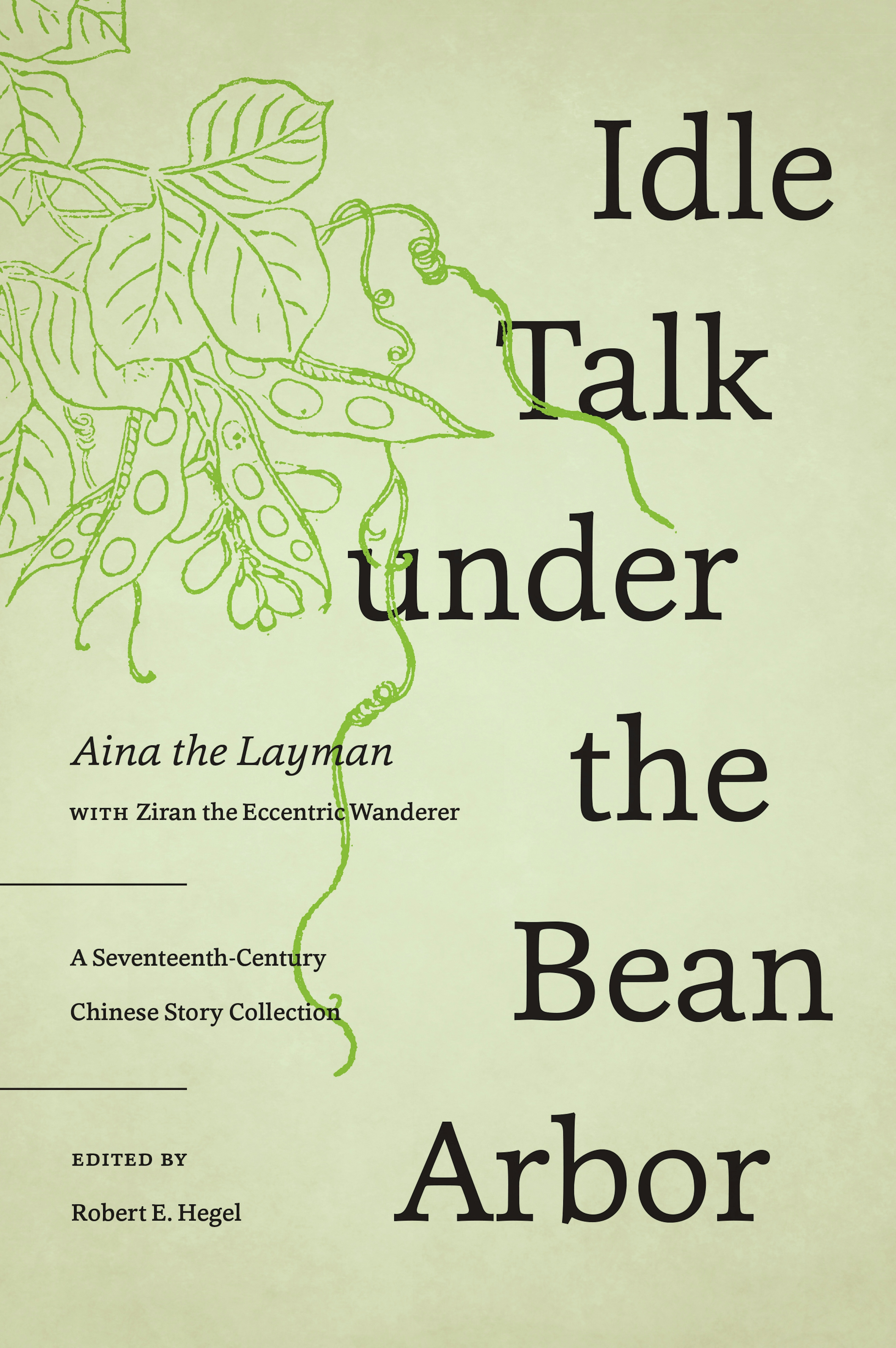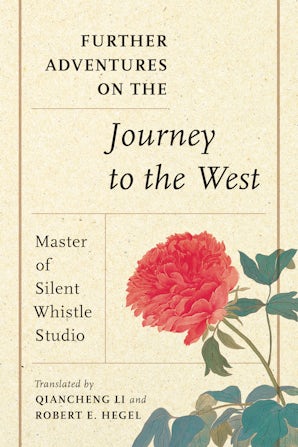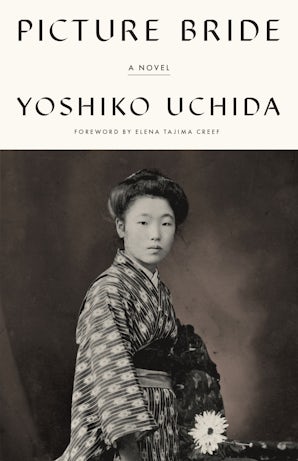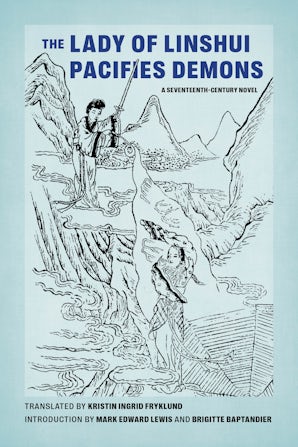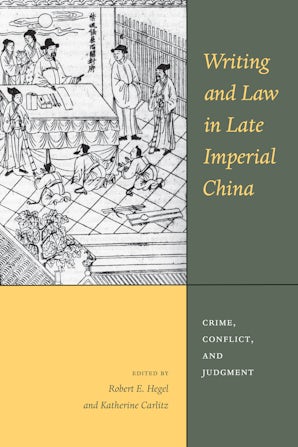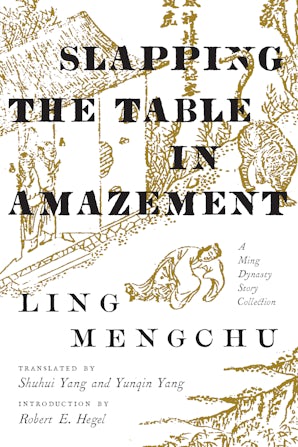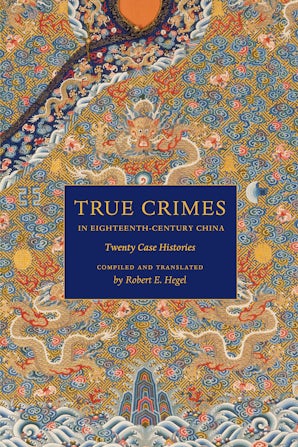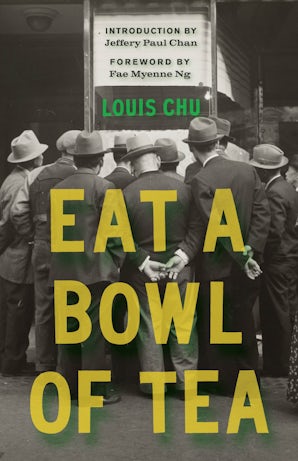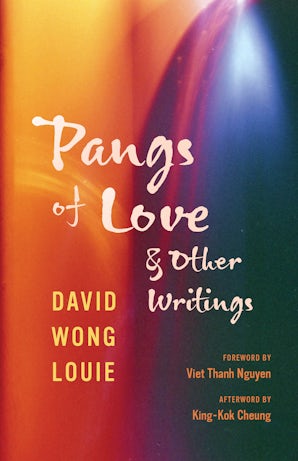"Editor Robert Hegel has assembled an erudite team of luminaries in late imperial translation and scholarship. . . . It is, in short, a valuable and comprehensive research tool for the original Doupeng xianhua in particular and for late imperial fiction in general. Being so many different things, the volume is accessible and useful to a number of audiences: casual readers looking to escape the heat of a summer afternoon reading; undergraduates familiarizing themselves with the breadth and depth of Chinese letters; and specialists in the field."
-
Nathaniel Isaacson, China Review International
"With ample paratextual material, a creative and skilled array of translators, and expert framing by the collection’s key editor and translator, Robert Hegel, Idle Talk in its English translation conveys both the complex contents and the multilayered pleasures of its early Qing original.Modern Chinese Literature and Culture"
-
Modern Chinese Literature and Culture
"Robert Hegel's rich and complex edition of Idle Talk under the Bean Arbor will be important not only for scholars of Chinese and comparative literature, but also for learning and teaching about Chinese culture at all levels."
-
Chinese Literature: Essays, Articles, Reviews (CLEAR) - Modern
"Thisfirst complete English-language translation, edited by Hegel, gives Idle Talk the treatment it deserves...a vital addition to English-language translations of late imperial literature."
-
Journal of Asian Studies
"After publishing in three handsome volumes a complete translation of Feng Menglong’s celebrated Sanyan trilogy, the University of Washington Press has now performed a further service for students of Chinese literature by releasing a translation of another seventeenth-century story collection, Doupeng xianhua, or Idle Talk under the Bean Arbor... The twelve stories are linked with a nar-rative frame that imagines a series of storytelling sessions under the shade of a bean arbor that take place over a period of weeks from early summer to late autumn. There is much to commend in this English edition."
-
Bulletin of the School of Oriental and African Studies
"This first complete English translation of this collection will not only be warmly welcomed by teachers of Chinese literature, but should also be of interest to schol-ars of Chinese and comparative intellectual history...an extremely welcome addition to the corpus of available translations from premodern Chinese literature. It introduces the Anglophone world to a fascinating collection by a highly original mind. It is to be hoped that it will not only be widely used in undergraduate and graduate class-es, but also will find its way to a more general audience."
-
T'oung Pao
